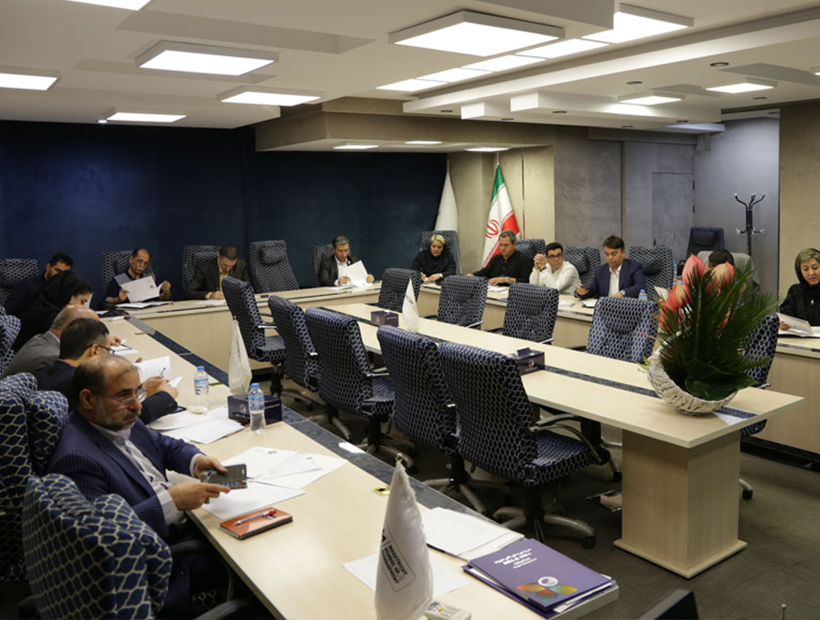
CEO's performance
A critical factor in a company’s success. It encompasses a wide range of responsibilities and skills.
Strategic Leadership:
• Visionary thinking:
Developing a clear and compelling vision for the company’s future.
• Strategic planning:
Creating and executing effective business strategies to achieve long-term goals.
• Decision-making:
Making timely and informed decisions, even in complex and uncertain situations.
• Risk management:
Identifying and mitigating potential risks to the company’s operations and financial performance
Operational Excellence:
• Operational efficiency:
Streamlining processes and improving productivity to reduce costs and increase efficiency.
• Performance management:
Setting clear goals, tracking progress, and providing feedback to employees.
• Talent management:
Recruiting, developing, and retaining top talent to drive the company’s growth.
• Financial management:
Overseeing the company’s financial performance, including budgeting, forecasting, and financial reporting.
External Relations:
• Investor relations:
Communicating effectively with shareholders and other investors to build trust and confidence.
• Public relations:
Managing the company’s reputation and responding to public concerns.
• Industry relations:
Building strong relationships with industry partners, regulators, and other key stakeholders.
Key Performance Indicators (KPIs):
A CEO’s performance is often measured by a variety of KPIs, including:
• Financial performance:
Revenue growth, profitability, return on investment, and shareholder value.
• Operational performance:
Productivity, efficiency, and quality metrics.
• Market performance:
Market share, customer satisfaction, and brand reputation.
• Employee performance:
Employee satisfaction, retention, and engagement.
Additional Factors:
In addition to these core responsibilities and KPIs, a CEO’s performance can also be influenced by:
• Leadership style:
The CEO’s leadership style, whether it’s authoritative, democratic, or laissez-faire, can impact employee morale, productivity, and overall company culture.
• Ethical behavior:
The CEO’s commitment to ethical business practices and social responsibility.
• Adaptability:
The ability to adapt to changing market conditions and emerging technologies.
• Innovation:
Encouraging and fostering a culture of innovation and creativity.
Ultimately, a successful CEO is one who can effectively balance these various responsibilities and drive the company’s long-term success.
Event info:
- Manager
- Tehran
- Mahan
- Cours
- $1400
Newsletter:
To get our update please subscribe to our news letter.

